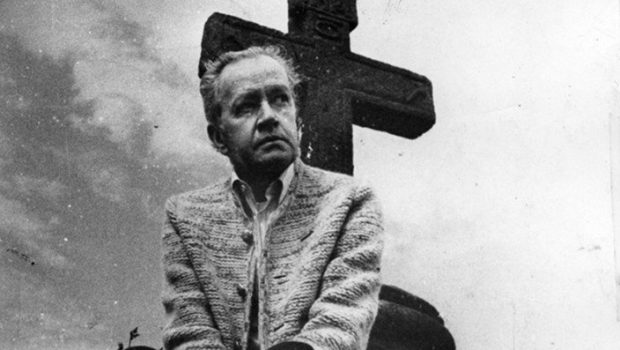Ancien Régime
Oindrila Mukherjee
 C. M. Mayo.
C. M. Mayo.
The Last Prince of the Mexican Empire,
Unbridled Books, 2009.
In her epilogue to the novel, C. M. Mayo points out that while Maximilian’s brief reign over Mexico in the mid-nineteenth century, and his wife Carlota’s descent into madness, have been much written about, little is known of the little boy they adopted, Prince Agustin de Iturbide, the grandson of Mexico’s Liberator and first Emperor. Mayo’s wish to chronicle this part of the story results in a rich historical novel spanning three continents and several memorable characters.
In 1864, Louis Napoleon invaded Mexico and installed the Archduke of Austria, Maximilian von Habsburg, as its emperor. The following year, the childless Maximilian and Carlota took custody of baby Agustin, son of Angel Iturbide and his American wife Alice. The boy’s parents regretted the pact immediately and began pleading with the royal couple to get him back. But Maximilian refused to hand him over, even as his empire began to fall, igniting an international scandal.
The novel frequently shifts in point of view, letting us get into all the main characters’ heads. Thus we see Angel’s conflict when faced with the decision of whether or not to hand over his son to the Emperor for a better future, Alice’s pain when she is separated from her baby, Carlota’s paranoid delusions, Pepa’s longing to regain some of the glory the Iturbides were deprived of when the Liberator was executed, and Maximilian’s own conflict over whether or not to abdicate his throne.
This is not just a novel about individual characters but about Mexico’s struggle for freedom. Political ambitions, the intrigues of an imperial court, and the relationship between countries at the height of European colonization all drive the intricate plot of the novel, taking us on a dizzying journey from Washington to Veracruz to Paris and back to Mexico and the U.S.
The novel explores misunderstanding between the sexes as well as between cultures. While both Angel and Maximilian are influenced in the most important decisions by their wives, they are both indulgently condescending about women. For instance, Maximilian says about Carlota when she is ill, “How he had neglected her, why had he not seen, of course, oh God, of course, intelligent as she was, a female brain was incapable of sustaining the strain of so much responsibility, and over the years she had weakened it with excessive reading…”
The skepticism with which Mexicans, Europeans and Americans in the book regard one another is also interesting. Alice is viewed as a frivolous, shallow creature by her sister-in-law, the ambitious and conniving Pepa, as well as by Angel himself. It takes a fellow American, the U.S. ambassador to Paris to realize that Alice was not to be “trifled with.” Significantly, it’s the women who prove to be the most decisive, resolute, and enterprising characters in the book.
Cultural and racial relationships are of course at the heart of this story. The attempt to understand Mexico is an important part of both Alice and Carlota’s lives. Sometimes there is only a lack of understanding, such as when the Belgian travelers are described as being excited with their travels: “Also, they had seen an exotic land; they’d had a trueblue adventure and their steamer trunks and valises were crammed with the souvenirs to prove it.” The vivid descriptions of the land are rescued from exoticization by such moments of irony.
Alice and Carlota’s exile in Mexico and their attempts to learn the language and adjust to the tropical climate and vegetation, is mirrored in Angel’s exile in Paris, where he is filled with nostalgic longing for his homeland: “What he would give to taste a mango, a cherimoya, a steaming mug of champurrado… he would trade these oily omelettes and toast points slicked with foie gras, this watery coq au vin for the smell—just the perfume!— of tortillas warming on a comal. Or to hear, sweet caress, the strum of a Mexican harp.”
The evocative descriptions and ironic commentary on the relationship between cultures make this an enjoyable and important novel, particularly relevant for these times.
Posted: April 17, 2012 at 7:58 pm










